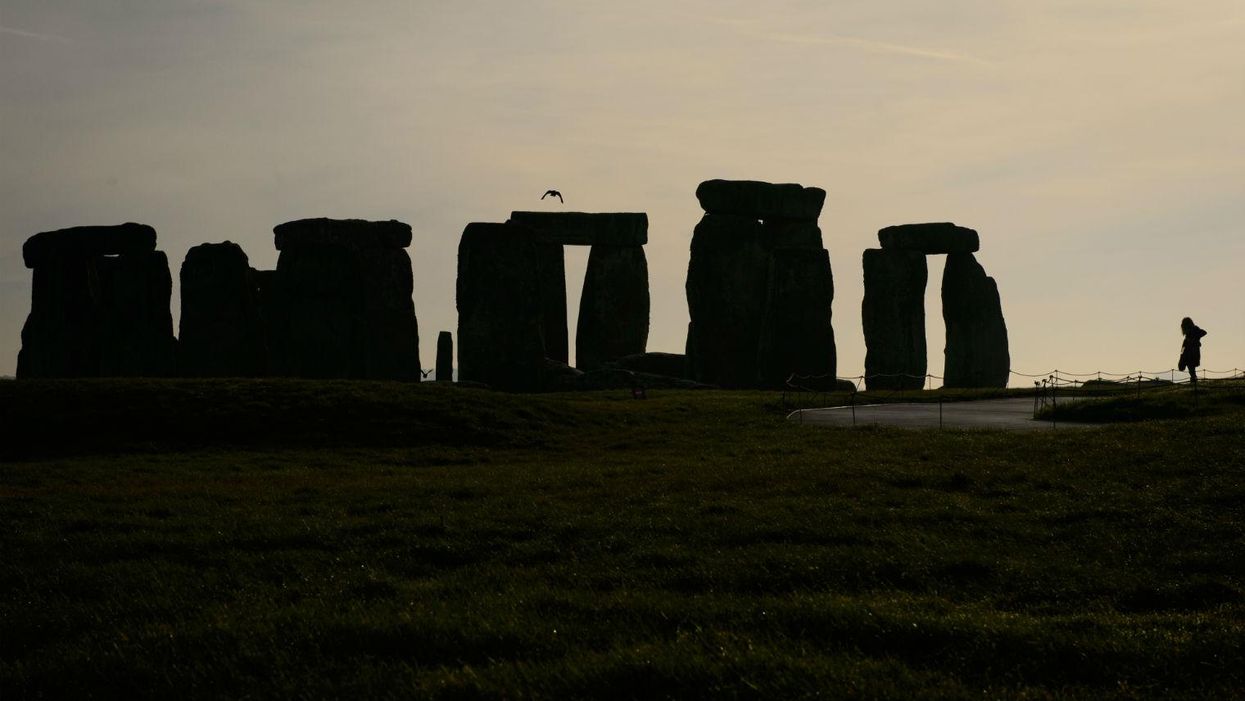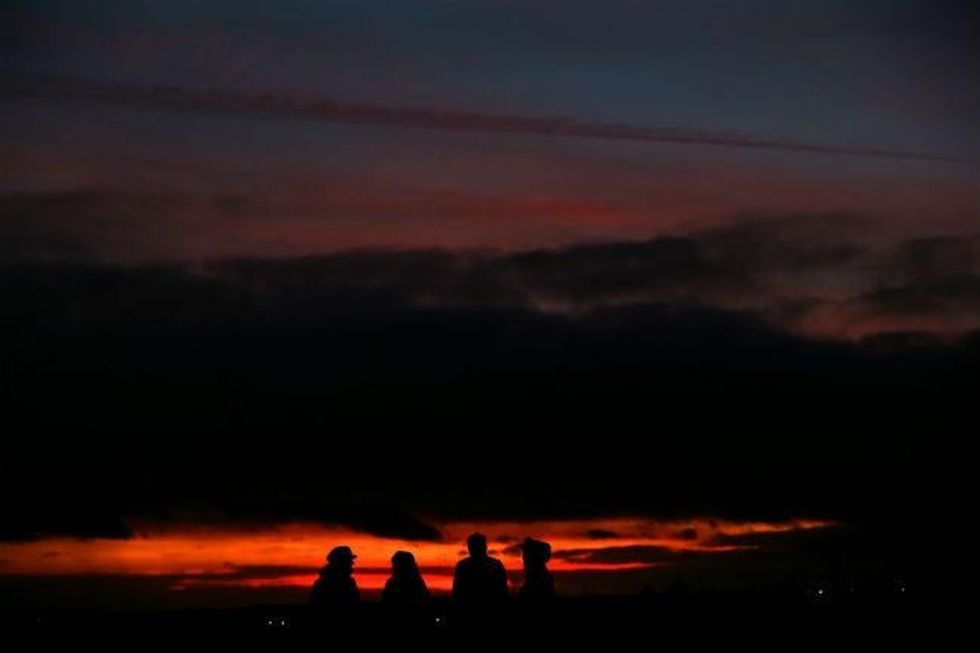Science & Tech
Indy100 Staff
Dec 21, 2014

Today, in the northern hemisphere at least, is the winter solstice.
With the Sun's maximum height at its lowest it will be this year and the north pole tilted as far away as it will get, today is the shortest day of the year.
But also the longest night.
If you were born in the 1980s onwards, then this will almost certainly be the longest night you'll ever have experienced.
Our friends at Vox have dug up an article from science blogger Colin Schultz, written on the winter solstice in 2009, in which he points out that the days on Earth are getting infinitesimally longer.
This is due to the gravitational pull of the Moon, which doesn't only pull oceans this way and that, but also stretches the Earth, slowing it down.
You might think you've noticed the Earth's rotation slowing by the length of time you spend in the office of library, but on an annual basis a day is increasing by only up to 25 millionths of a second.
In other words, it will take 140million years before we move to a 25-hour clock.
It is thought that the longest day ever occurred in 1972, a year when two leap seconds were added. Global warming and continental drift are also thought to affect the Earth's rotation, potentially slowing it down.
We can at least console ourselves with the thought that from tomorrow onwards, the days are getting longer, and the nights shorter.
Winter isn't coming, it's going.
Important note: The original version of this article incorrectly stated that tonight would be the longest night ever - as it potentially is every winter solstice.
However, factors other than the gradual effect of tidal acceleration are involved in affecting the Earth's rotation. We are very sorry for the error.
HT: Vox
More: [Why will the mornings carry on getting darker]6
More: [This video of the Moon's phases is also mesmerising]7
Top 100
The Conversation (0)














